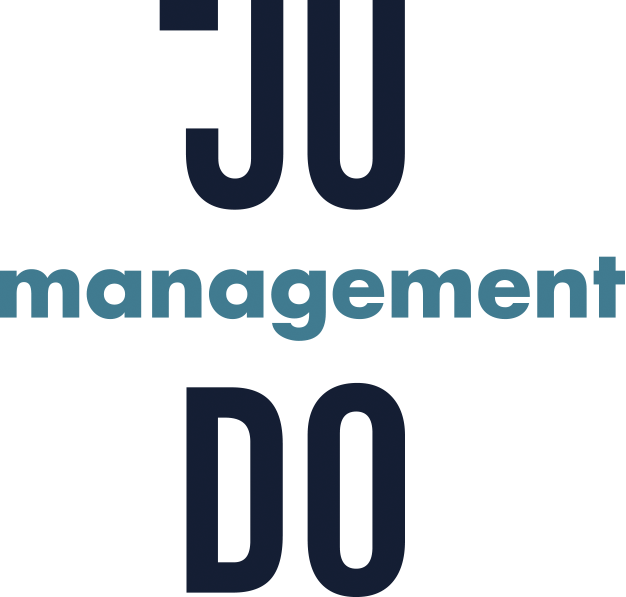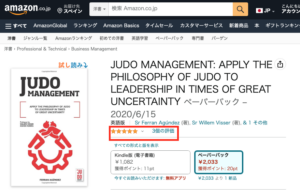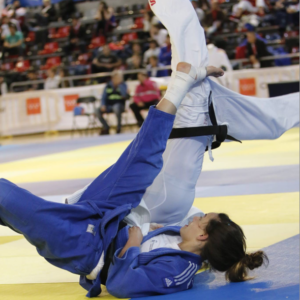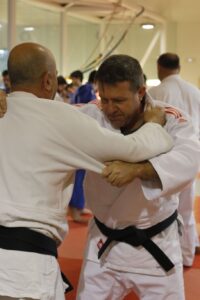In spite of the proverb above a coach has to organize.
Organizing is followed by coordinating and if coordinating lead to be questioned leadership is born.
The method (the sequence) can be used in organizing and coordinating:
Coaches and certainly top level coaches are all the time playing with gain and loss and consequently they should know how to cope with resistance.
Coaches and sportsmen/women are expected to achieve. So for all of them there is only one common target: ACHIEVE.
Selection of sportsmen/women is important and for the formation of a team the following criteria can be used:
level, results up to the present, tactical capacity, shape at the moment, does one fit in with respect to time
.
acceptance by other members of the team, surpassing one level through team spirit, motivation
intuitive means: knowledge and experience gained consciousness and unconsciousness. Don’t underestimate this aspect.
First of all a coach should learn, observe and judge the actual qualities. Emotional aspects can also be more or less concretised and expressed. The feeling for intuitive aspects (have the presentiment that….) only develops through experience of many years. Consciously and unconsciously a coach also stores the not direct explicit parts of the sportsmen/women functioning before, during and after the match. The sum total of these aspects forms intuition. This consciously gained and stored information can be aware of by practice.
Always there has to be an equality between: intuition, rationality and social process. If not, accidents will happen.
The organizing and coordinating task of a coach is also influenced by aims. The aim of the sportsmen/women, the aim of the club, the aim of the association/federation, the movement-cultural aim.
The sportsmen/women can have various aims like: competitive behaviour, measuring up to others, testing oneself, learning, possibility of identification, adventure, prestige, money, pleasure and other aspects.
The aim of the club can be for instance: prestige through achievements or conformation of organisational and technical system; and of course other aspects.
The aim of the association/federation can be for instance: development, propagation of the specific sport by performing.
The movement-cultural activity can be driven by pleasure in the specific sport, develop, maintain and improve healthy (physical and biological), psychological condition, social skills, mental condition, competitive motivation.
Willem Visser
Executive coach, Strategic Adviser, International Lecturer, 8th Dan Judo IJF
With gratitude to all my teachers, specialists, colleagues and especially all the judoka that I was allowed to guide and to coach.
Sources and inspiring professionals:
Van der Horst, Cobben, Abe, Saitoh, Yamashita, Uemura, Sugawara, Murata, Hosokawa, Komata,Takahashi, Nakamura, Kasuga, Kawashima, Kariya, Brousse,Besson, Rougé, Ruska, Geesink, de Cree, Barta, Vachun, Viser, Lascau, McConnell, Snijders, Sins, Hoogendijk,Boersma, Odinot, van Dijk, Klok and many others.




